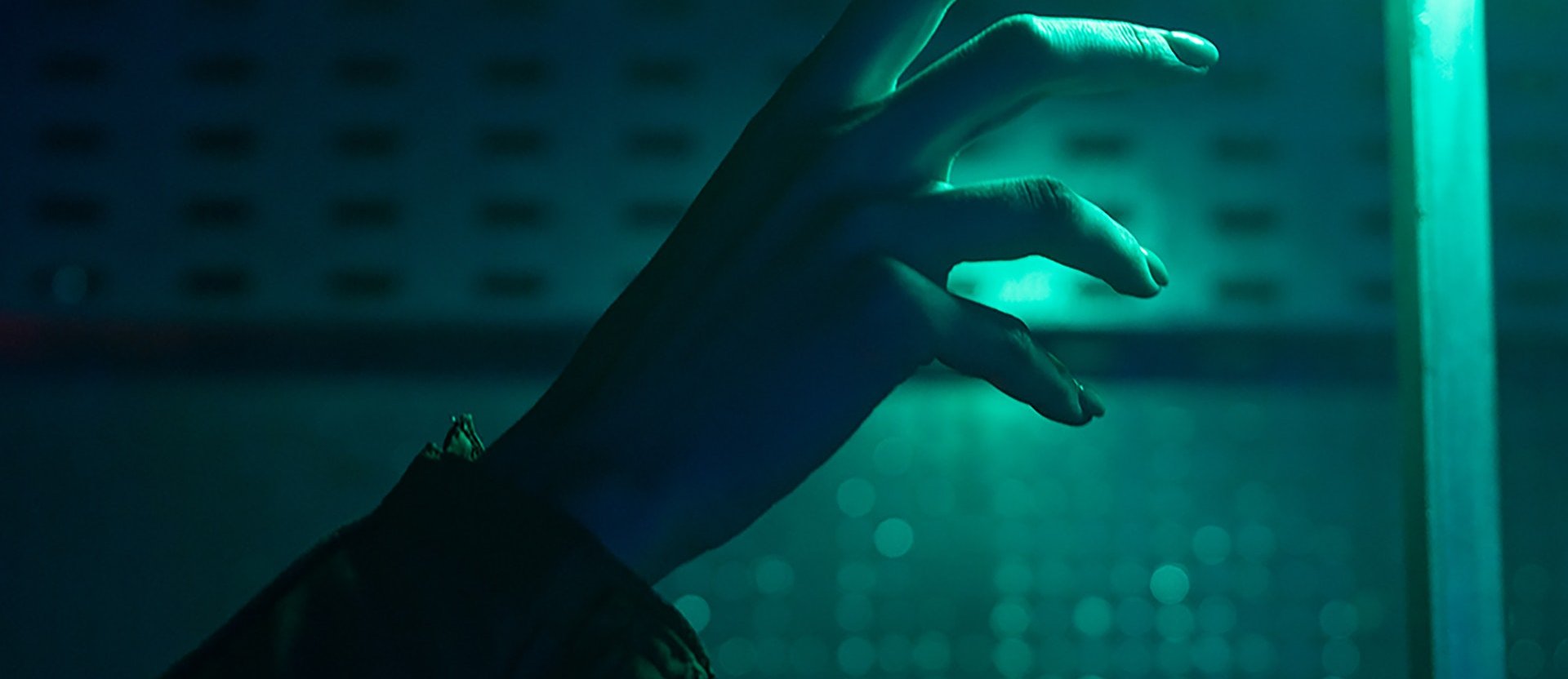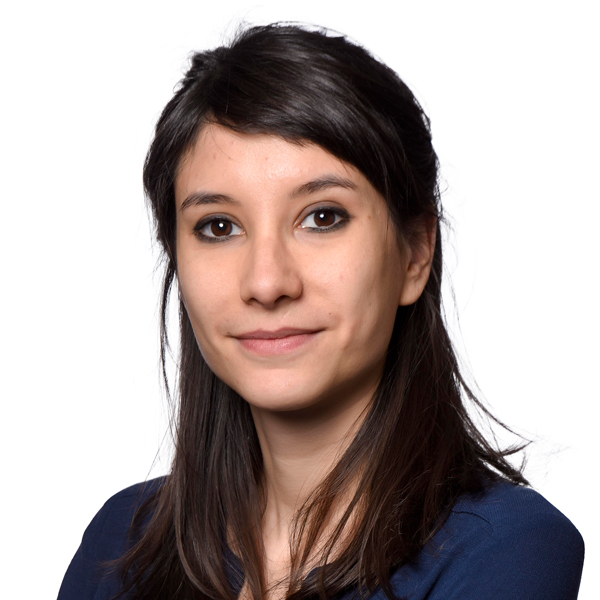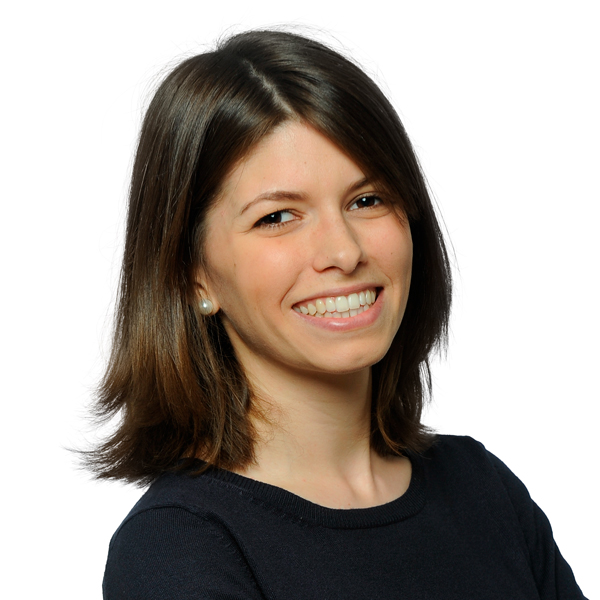The past, present and future of open resources
Subject: Multidisciplinary
Aida Camps attended the OER18 conference in Bristol, which this year focused on the benefits of open access and the promise of an increasingly inclusive education.
Aida Camps attended the 9th annual conference for open education research, practice and policy, OER18, held on 18 and 19 April in Bristol (United Kingdom). This meeting addressed some of the major challenges raised by open educational resources (OER) and shared ideas for professional practice. This year's theme, "Open to All", refers to one of the main advantages of open access: social inclusion.
Among the lectures given at this 9th edition, Aida Camps highlights those of two experts: Dr David Wiley and Judith Blijden.
20 years of content
For David Wiley, his inspiration came from a routine action. In 1998, while he was mowing his garden lawn in Utah (USA), the idea came to him to apply the focus of open software to educational materials: what would happen if open licences were used for resources such as text books or research papers?
That is how Wiley, co-founder and academic director of Lumen Learning, an organization specialized in improving accessibility to education through the use of OER, explained his personal experience. With his talk, he reviewed the last 20 years of history of open education, interspersed with some controversial reflections.
Wiley compared the current situation of OER with the evolution of open-source software and its relationship with business enterprises. As examples, he mentioned Mozilla or Chrome, originally open-source software that is now used by major corporations. Should use of our content be limited to non-commercial purposes or should we strive to make it open?
Wiley insisted that the key lies in the future (2023-2028). What will happen when the students who used open-access resources during their learning become the next generation within the academic community? Will they advocate open access?
How open can open education be in the European Union?
This is the question that Judith Blijden, Kennisland's legal advisor in the field of copyright and digital culture, tried to answer. In spite of OER's expansion, the EU legal framework still does not provide the necessary support for access to and reuse of protected works for educational purposes. In September 2016, the European Commission proposed a Directive on copyright in the Digital Single Market (DSMD), which is expected to be approved very soon.
Aida Camps holds a bachelor's degree in Information Science from the University of Barcelona (UB), a postgraduate diploma in the Implementation of Electronic Document Management Projects (EDRMS) from the UOC, and a master's degree in Archival Studies and Document Management from the Universitat Autònoma de Barcelona (UAB). At the UOC Library she manages proprietary learning resources and the search for external resources in the areas of Law and Political Science. She is also co-manager of the O2, the UOC's institutional repository.




